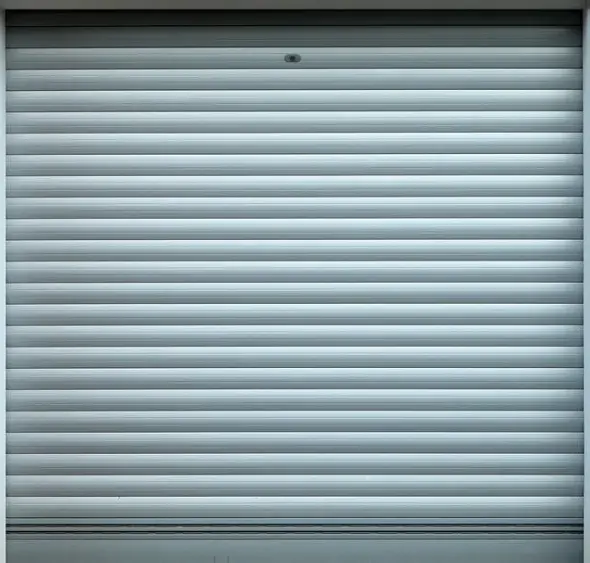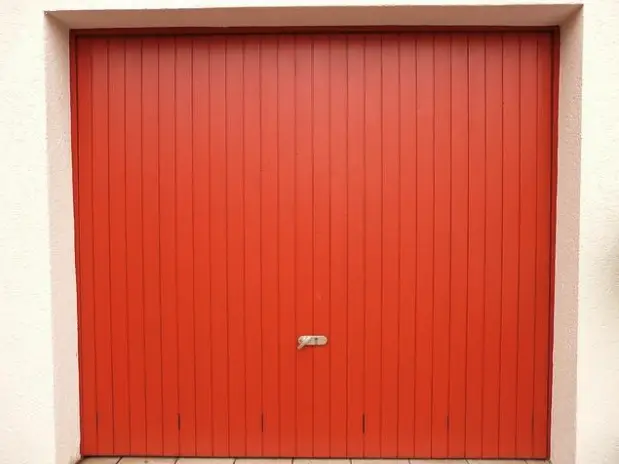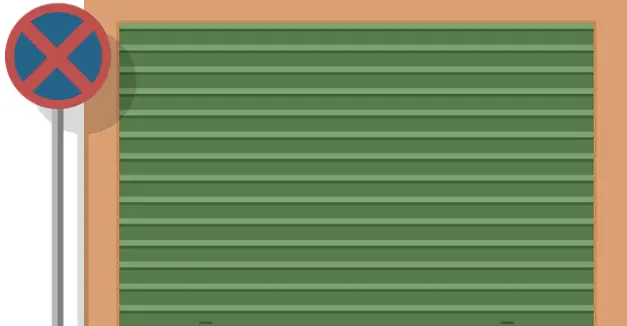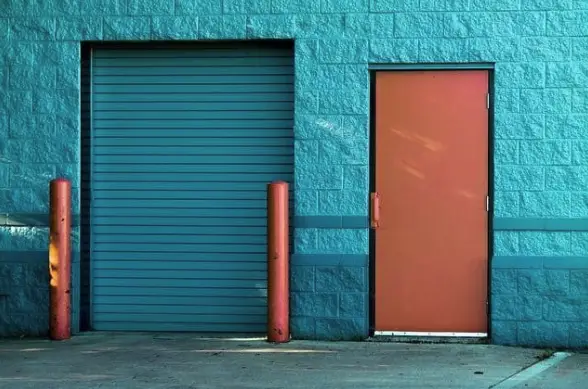5 Seasonal Garage Door Maintenance Tips
The term “seasonal garage door maintenance” mostly resonates with pre- and post-winter garage door servicing.
However, all other seasons can impact your garage door’s performance and durability significantly. That underscores the need for routine garage door maintenance.
Read below as we unpack the top five ways to keep your garage door in peak performance in all seasons.

1. Understand the Signs of Garage Door Malfunctions
It’s impossible to undertake robust seasonal garage door maintenance without knowing the tell-tale signs of garage door malfunctions.
One of the most commonly reported garage door issues is unresponsive doors. If your garage door won’t open or shut, the problem is usually with the batteries or the motor.
Establish that the remote and keypad batteries are working alright. If both are fine, examine all the lights on your garage door opener unit to ascertain that they’re glowing normally. This proves that the motor is firmly connected to the power supply.
If the issues persist despite your best efforts, it’s time to contact a professional. Fortunately, there’s no shortage of garage door technicians in Newport Beach.
Insist on a licensed garage door repair Newport Beach that provides free inspections. The technician should be able to inspect your garage door thoroughly and establish the underlying problems before prescribing the most effective solution.
Below are other warning signs of a malfunctioning garage door;
- Unresponsive opener switch, keypad, or remote control
- Noisy garage door
- Garage door that has fallen off its tracks
- Garage door stalling, or operating unusually slow
- Garage door trembling while opening
- Garage door resting unevenly against the ground
- Broken or loose garage door wires
- Major dents on the garage door panel
Each issue might suggest a mechanical or electrical problem (sometimes both). Your best bet is to contact a garage door expert for full diagnosis.
2. Tighten Loose Hardware
Garage doors typically operate by moving up and down their tracks. However, that action may cause some parts to loosen over time, affecting the door’s performance.
Loose garage door components can trigger a host of issues, including throwing the door off its tracks or having it hang precariously. As such, it’s imperative to get them fixed urgently.
Loud grinding, squealing, or rattling sounds as you open or shut your garage door are all indicative of loose hardware.
Grab a half-inch socket wrench and carefully tighten all loose bolts, then open the door and check if the issue is fixed.
If you can still hear unusual sounds, the problem could be with other hardware components, such as the hinges and brackets. Getting these parts repaired requires technical assistance.

3. Lubricate All Moving Parts
A lack of lubrication is one of the most common causes of the abnormal garage door noises we’ve highlighted above. Depending on how long the door goes without greasing, all its moving components may eventually grind to a halt, causing unprecedented inconveniences.
The conventional wisdom is to lubricate your garage door every six months. This helps to enhance the performance and durability of various moving hardware.
Focus on the rollers, door opener, torsion spring, screws, and bolts.
Experts particularly recommend lubricating your garage door’s moving components at the onset of winter. That’s because metal constricts and shrinks on exposure to freezing weather.
Most importantly, follow proper lubrication techniques when greasing your garage door’s hardware.
Use a high-quality lubricant and apply it moderately. Then, wipe off any excess grease to avoid attracting dust to the treated components.

4. Ensure the Cables and Pulleys Are In Excellent Shape
Garage door pulleys hold the cables, which support the door’s weight by connecting it to the extension springs.
A good pulley and cable system allows your garage door to safely open and shut.
When one cable breaks, extra tension automatically shifts to the other cable.
Not only can this cause significant strain on the healthy cable. It may also have your garage door lift unevenly, posing serious risks of further damage or bodily harm.
Due to the hazards associated with a faulty garage door pulley and cable system, it’s important to inspect these components every few weeks to ascertain their condition.
Always ensure the overhead extension springs part, and that all torsion springs safely attach to a metal rod.
5. Don’t Forget the Weather-stripping
Garage door weather-stripping, also known as seal, is the material installed along the four sides of a garage door panel, ensuring there’s no gap between a closed garage door and the outside. It’s typically made from rubber or vinyl.
Weather-stripping keeps your garage door free from invasive pets. It also prevents water ingress from rain or snow.
Therefore, it’s imperative to repair your garage door’s weather-stripping as the seasons change.
Proper weather-stripping is particularly important during frigid conditions. The material keeps winter drafts off your garage, helping maintain a stable indoor environment.
Have a garage door expert inspect the material and seal any loose patches. If the seal is significantly worn out, the technician may recommend altering its initial length or replacing it altogether.

Wrap Up
Implementing the above tips can make a significant difference in enhancing your garage door’s functionality and longevity. The idea is to nip potential issues in the bud before they can degenerate into major problems.
Remember to enlist professional assistance for all your garage door repairs. While you can easily grease or lubricate your garage door’s moving parts, critical maintenance procedures are best left to qualified technicians.
Attempting DIY garage door repair might result in costly damages, especially if it involves interfering with sensitive components like the safety sensors. Worse yet, your inexperience might result in unintended physical injuries.
